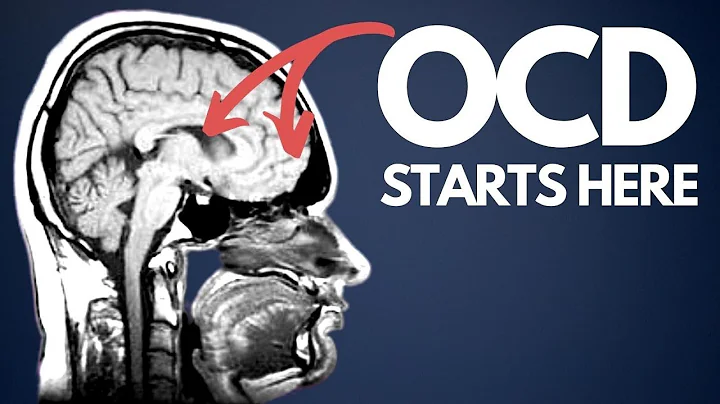Xuzhou Mental Health Service Station: Obsession with obsessive-compulsive disorder is more than just a daily worry. Obsessing with lingering thoughts, images, or concepts is unnecessary and can cause extreme distress. Everyone has strange, unusual, and even disturbing thoughts from time to time. Most people will go on with their daily lives without thinking about these experiences, but if you have obsessive-compulsive disorder (OCD), these types of events can become both distressing and debilitating.

What is obsessive-compulsive disorder?
Compulsive behavior is a behavior that must be done repeatedly to relieve anxiety. OCD is often associated with obsessive thoughts. For example, if you're addicted to being contaminated, you may feel compelled to wash your hands or use hand sanitizer over and over again.
Common compulsive behaviors include cleaning, taking inventory, checking, demanding or demanding reassurance, and ensuring order and symmetry.
Like obsessive-compulsive disorder, patients with obsessive-compulsive disorder usually (but not always) gain insight into the irrationality of their compulsive behaviors.

Obsessive-compulsive disorder and thought suppression
Because obsession is at the core of OCD, some believe that thought suppression may play a role in some symptoms of OCD. People with OCD may overreact to dangerous thoughts and try to push them away, which only makes things worse than before.
Of course, this will lead to more suppressed thoughts, which will lead to more painful thoughts, creating a vicious cycle. For example, as part of one study, patients with obsessive-compulsive disorder were asked to suppress their painful thoughts on certain days and allow themselves to have those thoughts on other days. At the end of each day, they were "asked" to record in a diary the number of intrusive thoughts they had experienced. As expected, people with OCD recorded twice as many intrusive thoughts on days when they tried to suppress their thoughts as on days when they let their thoughts flow freely.

Obsessive-compulsive disorder and obsessive-compulsive spectrum disorder
There are many other disorders that, while not technically meeting the DSM's diagnostic criteria for OCD, are very similar in symptoms and are sometimes described as being on the so-called obsessive-compulsive spectrum. This spectrum captures different symptom groups that are reminiscent of, but not identical to, the symptoms of OCD. Often (but not always) OCD and specific OCD spectrum disorders are obsessive-compulsive and/or obsessive-compulsive disorders with a specific focus. For example, body dysmorphic disorder (BDD) is a mental disorder in which sufferers have obsessive thoughts about minor abnormalities or imagined flaws in their appearance. Like OCD, BDD involves repetitive checking; however, the difference is that people with OCD often don't pay attention to their appearance.
Treating OCD
Although the distress associated with OCD can be debilitating, there are a variety of treatment options that are safe and effective for many people. These include medication, psychotherapy, self-help techniques and, in extreme cases, surgery.





![The Best Way to Treat OCD [Without Medication] - DayDayNews](https://i.ytimg.com/vi/G8KkiN8QoW4/hq720.jpg?sqp=-oaymwEcCNAFEJQDSFXyq4qpAw4IARUAAIhCGAFwAcABBg==&rs=AOn4CLA6oUx1vgMy5K7DH1NSISHbN-abUw)



![What are Intrusive Thoughts? [& When They Signal Pure O OCD] - DayDayNews](https://i.ytimg.com/vi/wzkeXw5F01s/hq720.jpg?sqp=-oaymwEcCNAFEJQDSFXyq4qpAw4IARUAAIhCGAFwAcABBg==&rs=AOn4CLD_2VDGpSMbg-3xSfudja7xnysGaA)











